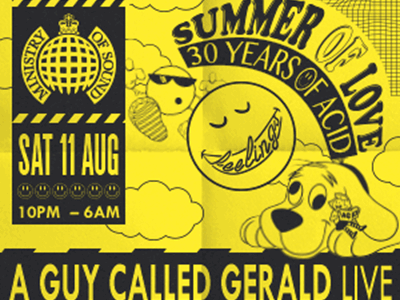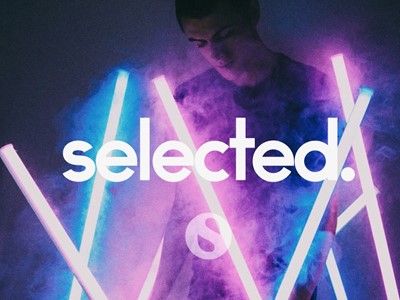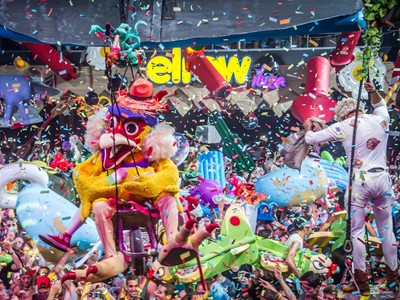Over the weekend, Reddit’s electronic music fans voted for their own Top 100 DJs
Just days after attempting to nail down the worst live sets in electronic music, reddit users were back to conduct their own Top 100 DJs poll.The poll, hosted by the subreddit /r/electronic music, invited users to vote for their top three DJs. Results were listed with the number of votes scored by each, in order of popularity.
Topped by Eric Prydz (a result that threw up its fair share of in house criticism) Reddit’s Top 100 reassesses the imbalance of the DJ Mag’s version, whose October results were released to cries of foul play amongst music fans.
Reddit have put DJ Mag’s winners, Dimitri Vegas & Like Mike, at 47, adding fire to rumours of dodgy campaign tactics. Even more controversial is fellow top scorers David Guetta and Steve Aoki don’t feature in the reddit list at all.
It's arguable that reddit’s list is more musically genuine, with overlooked producers like Jamie xx and Four Tet gaining recognition at 19 and 70 respectively. However, where it gains kudos for authenticity, it loses serious credibility by the alarming lack of women on its line-up.
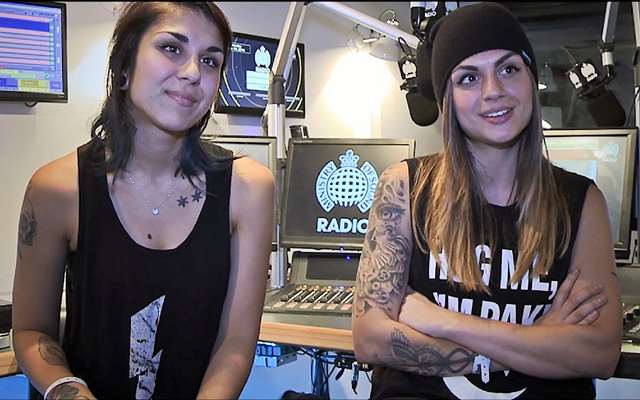
As the full list details, Alison Wonderland is the first woman to be voted in, at 109th place. She’s followed by Paris Hilton, who ranks at 129th (likely the result of reddit’s notorious trolls), with Nina Kraviz coming third at 150th. Jaw dropping results, considering Nina Kraviz is one of the highest regarded techno DJs in the world.
Pithy reasons for the astounding results could be blamed on the length and nature of the list. Voters were asked to submit three DJs in the order of their choice, making the diverse range of genre seem more like a free-for-all than a representation of eclectic taste. The top 100 is in fact just the first 10% of a 1,118 strong list, with over 700 DJs receiving less than 3 votes apiece.
However, the lack of women in a user generated poll cannot be on dodgy voting, or the bun fight nature of its organisation. It’s another display of the wider problem of gender bias in electronic music only this time, it’s sadly been illuminated by the preferences of the public.
The issue has become so noticeable that it’s being spoken about on a professional level. A recent industry led panel held by THUMP discussed the gap between men and women in dance music, looking at the nature of what both sides can to do alleviate the problem.
An idea emerged that although there are a huge number of women involved in the creative side of dance music, the business side - i.e. gig and festival bookings - is still predominantly a "boy’s club". “Dance music is super bro-ed out…Agencies are just looking to give the opportunity to their boys and they’re going to look for people who look and act like them” were the words of Kerri Mason, an electronic music writer for Billboard.
DJ Mag also found itself under fire for its low count of female acts, with only two featuring in the top 100. In the face of criticism, the magazine attempted to address the problem by asking artists featured on the list why they thought there were so few women on the list.
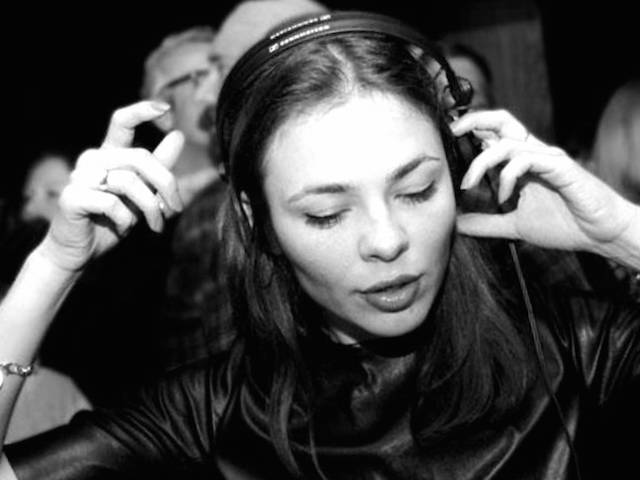
Amongst answers like this from DJ Frontliner “maybe they [women] spent too much time in Sephora [a cosmetics chain] and not enough time producing”, Jahan and Yasmine Yousaf who make up Krewella gave an important insight into what it’s actually like being a female music producer:
"The electronic music industry can be daunting for women. If more women are willing to take big risks and be unafraid of the ridicule, double standards, and any other setbacks or troubles, we will (hopefully) slowly start to see more women releasing electronic music, playing shows and festivals, and thus ending up on the Top 100."
If women on the inside are calling the industry a scary place to be, how must this look for ladies on the outside, trying to get in? As lists like those put together by both DJ Mag and Reddit sound a death bell for anybody with a uterus, it’s more important than ever for both strong men and women to push hard against the weight of industry sexism. From the innocent streamer to the boy’s club, the time to start acknowledging women in dance music is now.
